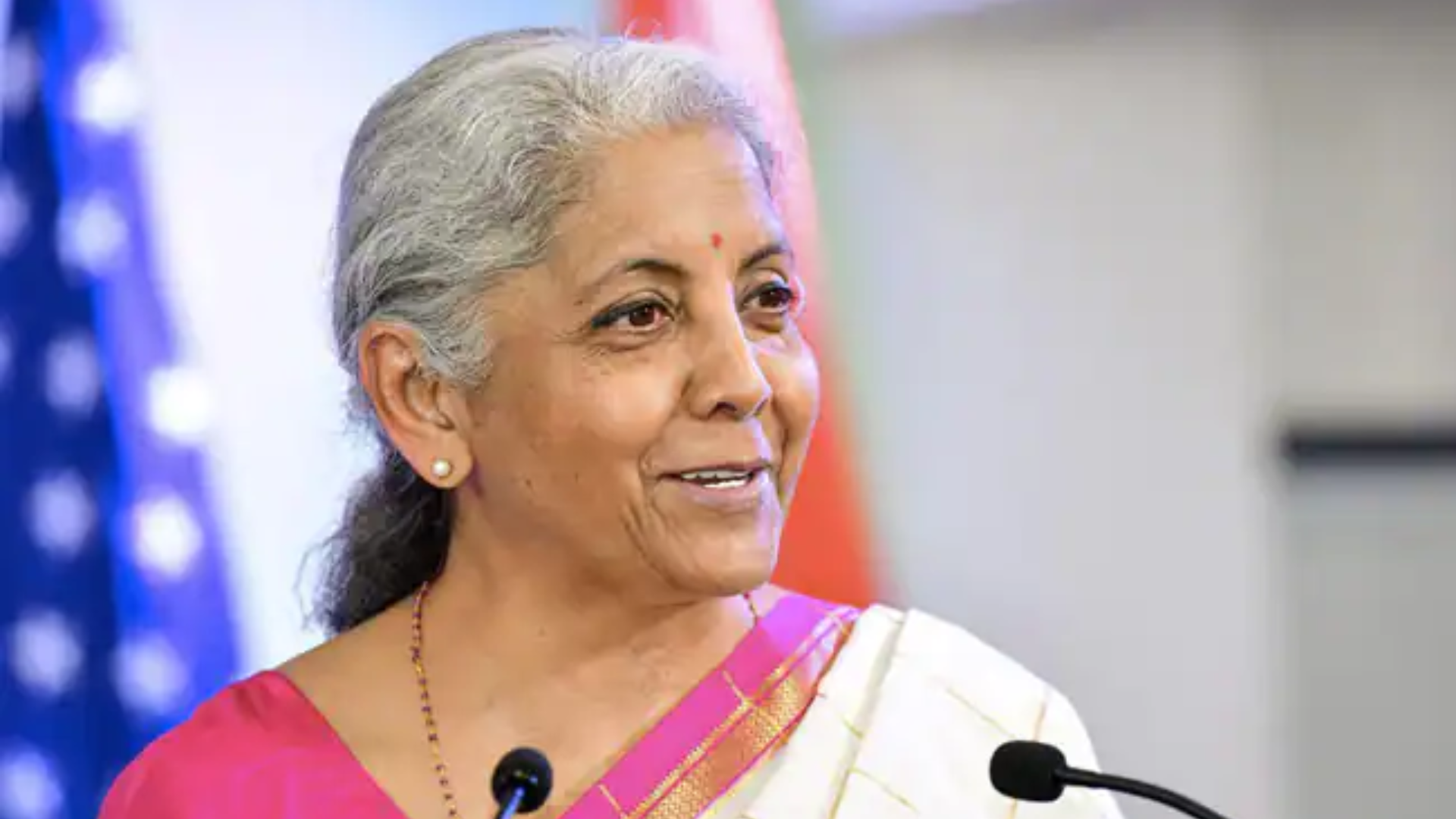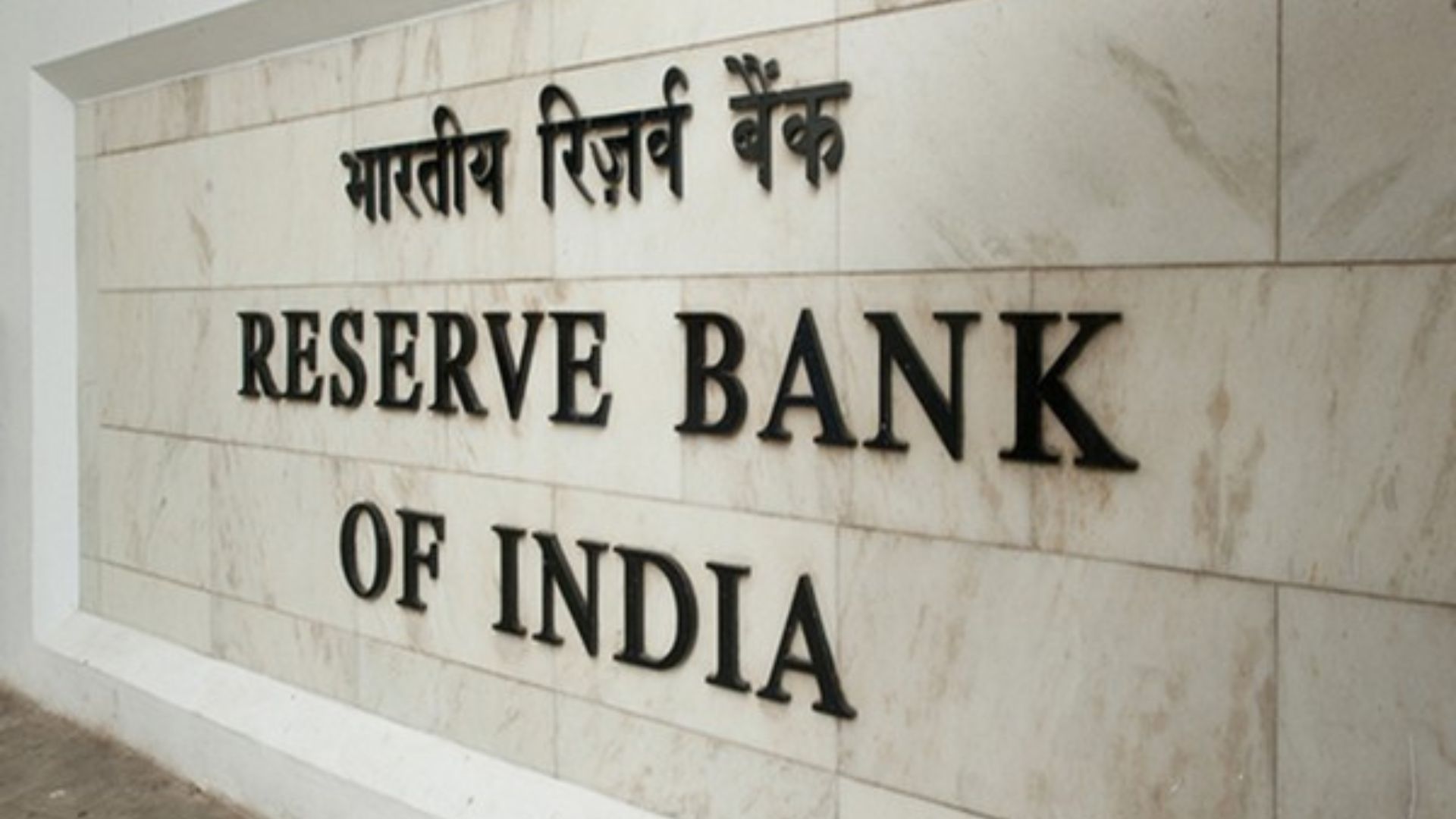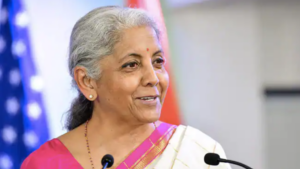Finance Minister Nirmala Sitharaman criticized the former Congress-led United Progressive Alliance (UPA) government’s economic policies, citing significant lapses in infrastructure development and policy paralysis. Sitharaman’s critique, delivered on Wednesday in a tweet, highlighted that the UPA era, spanning from 2004 to 2014, witnessed India’s economic potential being squandered, leading to the country being categorized among the ‘Fragile Five’ economies.
Governments across the world emphasise and try to focus on capital expenditure to build quality infrastructure and assets. Quality Infrastructure brings comfort, convenience and ‘ease of living’ to every citizen.
Every km of road, every railway track, and every bridge built… pic.twitter.com/mNpLeLGZfI
— Nirmala Sitharaman (Modi Ka Parivar) (@nsitharaman) May 15, 2024
Sitharaman referenced reports from the Comptroller and Auditor General (CAG), International Monetary Fund (IMF), and Cabinet Secretary to underscore the UPA government’s policy paralysis and delays in crucial infrastructure projects, particularly in sectors such as highways, ports, and railways.
In her address, Sitharaman stressed the critical role of infrastructure development in driving economic growth, noting that each kilometer of road, railway track, and bridge contributes significantly to India’s future prosperity. She contrasted the UPA’s neglect of infrastructure with Prime Minister Narendra Modi’s vision, particularly his ‘Vibrant Villages Programme’ aimed at strengthening border villages and their infrastructure.
“Every km of road, every railway track, and every bridge built paves the way for a brighter and more prosperous future for all.” She posted on X.
The Finance Minister criticized the UPA’s decision stasis, cost overruns, and project delays during its tenure, which she argued significantly impacted India’s economic growth potential. She also noted the remarks made by then Defence Minister AK Antony in 2013, highlighting the vulnerabilities arising from neglected border roads and defence capital expenditure.
“wasted India’s economic growth potential and left it among the ‘Fragile Five’ economies without focusing on effective infrastructure development. Under UPA, almost all aspects of India’s economic needs were mismanaged or ignored.” She pointed out.
She also added “Govt’s noticeable and deliberate neglect of infrastructure creation not only denied India much-needed roads, railways, power, etc., but it also compromised India’s long-term economic potential.”
Sitharaman emphasized the turnaround in infrastructure development under PM Modi’s leadership, citing active monitoring of project progress through platforms like PRAGATI meetings. She highlighted the drop in capital expenditure (capex) during the UPA years, contrasting it with the current government’s increased focus on infrastructure investment. Capex as a proportion of total expenditure rose from 12% in 2013-14 to over 21% in 2023-24, reflecting the government’s renewed emphasis on investing in infrastructure to drive economic growth.
She highlighted in a social media post ‘In contrast, Hon’ble PM Shri Narendra Modi firmly believes that the village on the border is not India’s last village; it is country’s first village. Through the ‘Vibrant Villages Programme’, we are developing the border villages and strengthening their infrastructure.’
Since 2014, the government has allocated substantial funds towards capital expenditure, marking a significant increase compared to the UPA period. Sitharaman’s remarks underscored the government’s commitment to infrastructure development as a key driver of economic progress and prosperity, highlighting the importance of efficient utilization of resources to build a robust foundation for India’s future growth.













